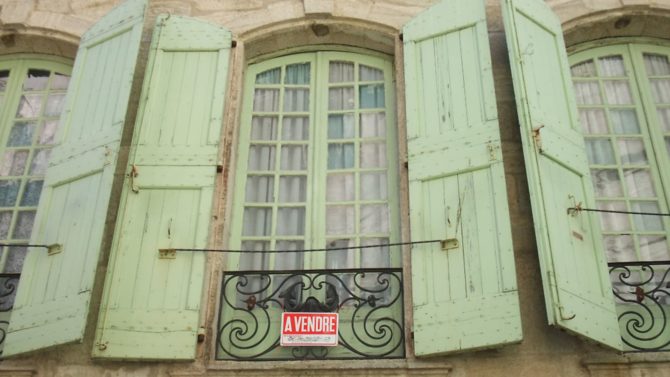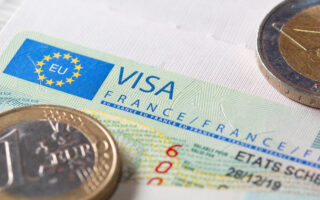What is a notary public?

Is a ‘notary public’ in the UK the same as a ‘notaire’ in France?

Do we have ‘notaires’ in the UK?
Yes and no. A ‘notaire’ in France provides legal assistance to their clients, including property buyers and sellers, but they are also employed by the government to ensure property sales are above board legally and that the relevant taxes are paid. In the UK, you may come across a notary public, but they serve a different function to French notaires; they deal with legal documents for all over the world, including France.
What is a notary public?
A notary public is a type of lawyer in the UK who deals with legal documents that will be used abroad. While they are permitted to practice law within the UK, the vast majority of the work they do relates to overseas property and business transactions. There are only around 900 notaries in England and Wales and, for historic reasons relating to Henry VIII, they are governed by the Faculty Office of the Archbishop of Canterbury.
When might I need to use a notary?
When you are completing the paperwork for your French property purchase, you may be given the option of signing a ‘procuration’ or power of attorney to enable the purchase to be completed in France without you being present. This can also be done by a solicitor who deals with French legal documents.
The power of attorney will usually be in French and you may be told to sign it in the presence of a notary public and get an ‘apostille’ attached. You do not need a formal translation but it is essential that you understand the document fully before you sign it. Your French notaire or their clerk may be able to translate it over the phone. Otherwise, you can use a translation company.
________________________________________________________
Don’t miss
Power of attorney in France explained
A guide to French property buying contracts
________________________________________________________
Why do I have to sign before a notary?
This is to ensure that the document is legally binding in the UK and in France. The notary public will check your identification (passport and proof of address), check that you understand the document and intend it to be legally binding, and then witness your signature. You will initial each page, write specific wording in French on the final page (meaning ‘read and approved; good for service’) and add the place and date of signature. The notary adds a notarial certificate to the front of the document confirming the notarisation and sends it for ‘apostille’, the final stage of the legal process.
What is the apostille?
This is a small piece of paper attached to the back of the notarial certificate, which confirms that the notary signature and was seal is genuine. It is applied by the Legalisation Office of the Foreign and Commonwealth Office to show that the document has been signed by a registered public official and that the signature and seal on the document match their records. It is usually requested by the notaire in France but not always. Most notaries will apply for the apostille on your behalf (this is called legalisation) and then courier the document to France for you.
How can I find a notary?
The easiest way to use the search facility on The Notaries Society website.
Katherine Beckett is Director of The Notary Solution Limited
Share to: Facebook Twitter LinkedIn Email


